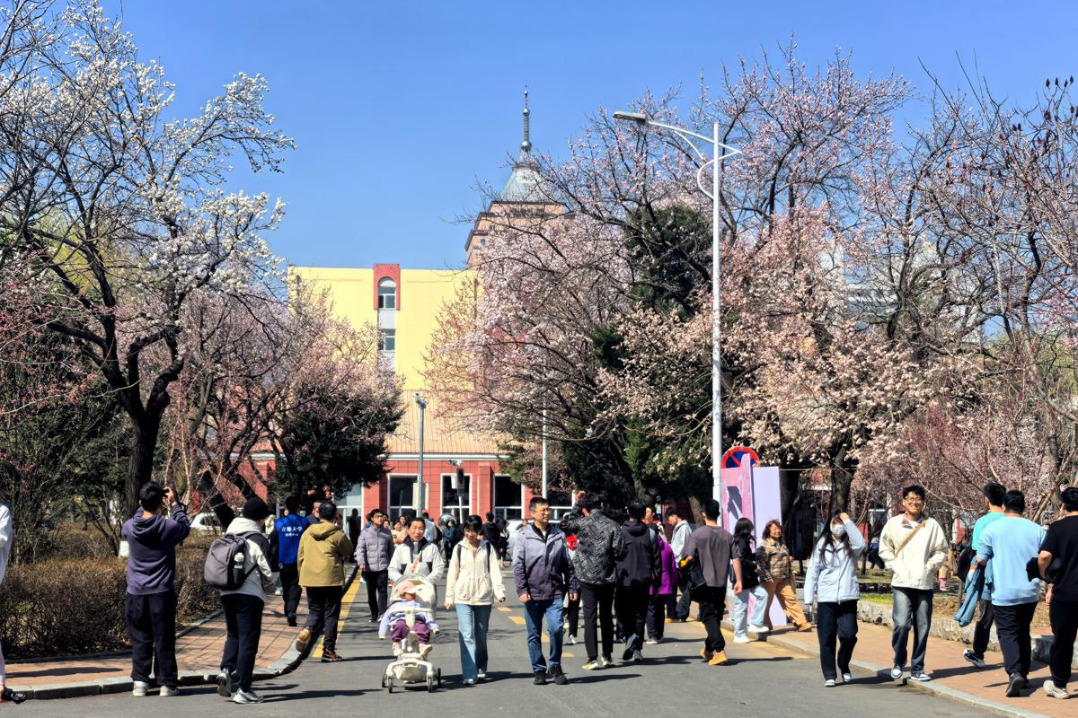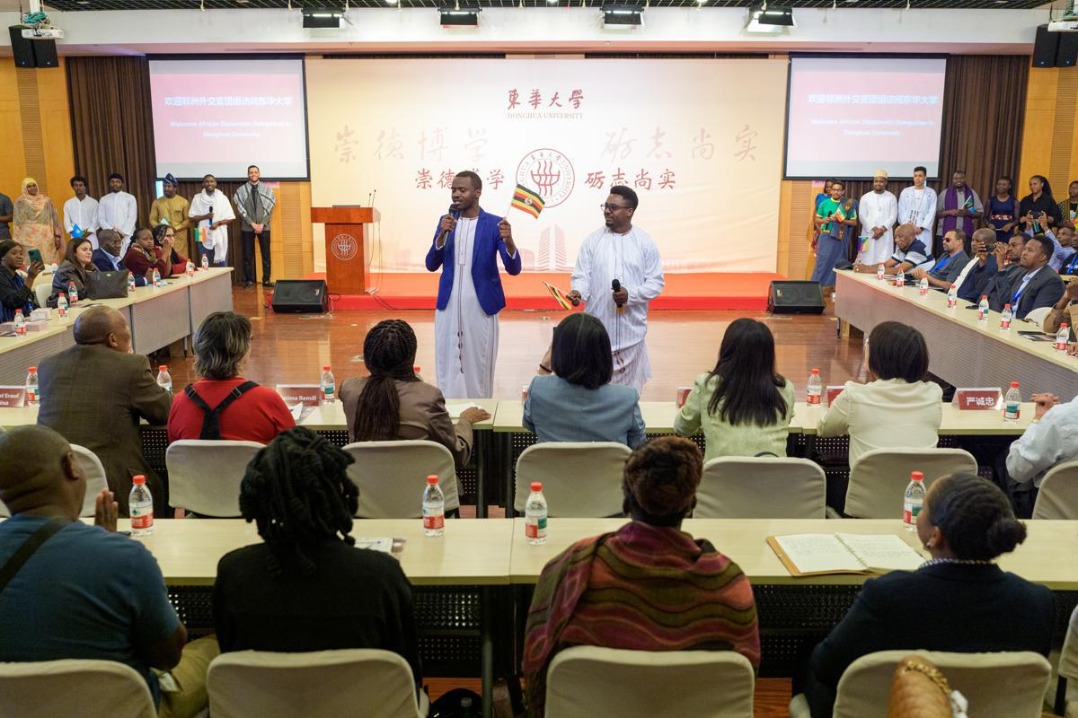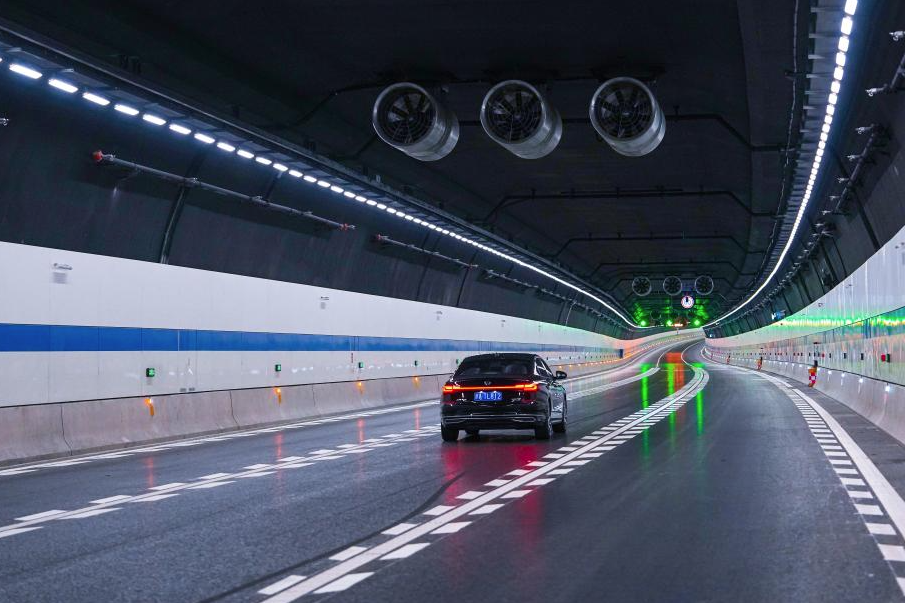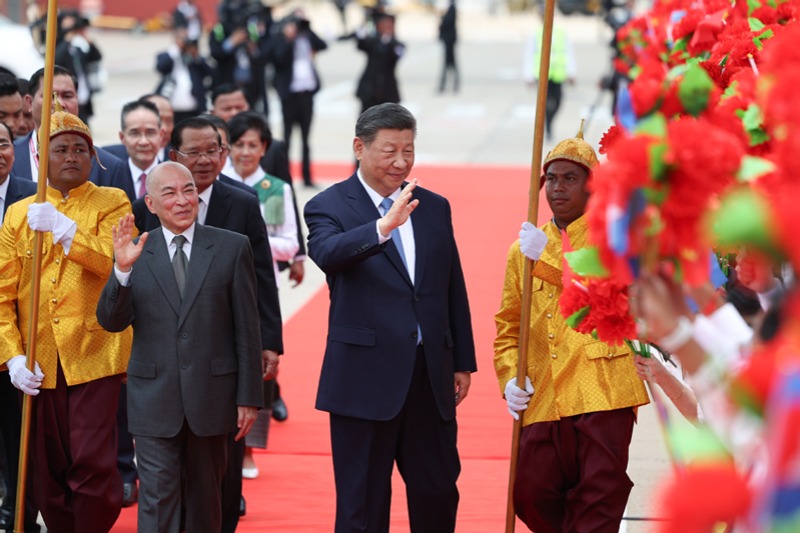NY Times' article on Xinjiang is 'pure fabrication': Xinjiang regional government

A New York Times' article criticizing China's policy in Xinjiang based on so-called leaked internal documents is pure fabrication, full of lies and filled with evil intentions, according to a statement released by the regional government of Xinjiang on Monday night.
The article published on Sunday is obviously the work of hostile forces from home and abroad, the regional government said in the statement.
"The Western anti-China forces and the forces of terrorism, extremism and separatism from home and abroad just don't want to settle for the fact that Xinjiang has been stable and achieved harmonious development, so they often make up fake stories to attack and smear the region," it said.
Xinjiang has always been the main battleground of fighting terrorism and extremism. From 1990 to 2016, thousands of violent terrorist attacks have taken place in the region, causing the deaths of a large number of innocent people, the statement said.
Facing such a grave situation, Xinjiang has begun to tackle the problem from its root cause while striking hard against terrorism crimes in accordance with the law. The goal is to ensure the public's human rights are not invaded by terrorism and extremism, the statement said, adding that the move is not only protected by Chinese law but also the shared value of the international community. It is also supported by the Xinjiang people, it said.
In the past 35 months, not one terrorist incident has happened in the region. The Xinjiang people's rights to life, health and development have been effectively protected, according to the statement.
The Chinese government has fully disclosed Xinjiang's anti-terrorism measures and their effects to the international community. More than 1,000 overseas officials, international organizations, media, religious groups have visited Xinjiang since the end of 2018, and their consensus is that Xinjiang has made important contributions to the international struggle against terrorism and extremism, and the valuable experience it has gained is worth learning from, it said.
The regional government also harshly criticized The New York Times for producing "fake news" on Xinjiang, saying that the paper was once caught in a crisis of trust due to similar tricks.
- Aerial view of Jade Lake in NW China
- Chinese scientists develop world's smallest untethered terrestrial-aerial micro-robot
- 14 former provincial-level officials penalized by China's disciplinary agencies
- Media company accused of significant tax evasion
- China's top procuratorate orders arrest of former senior anti-graft official
- Shanghai Metro achieves full 5G coverage





































